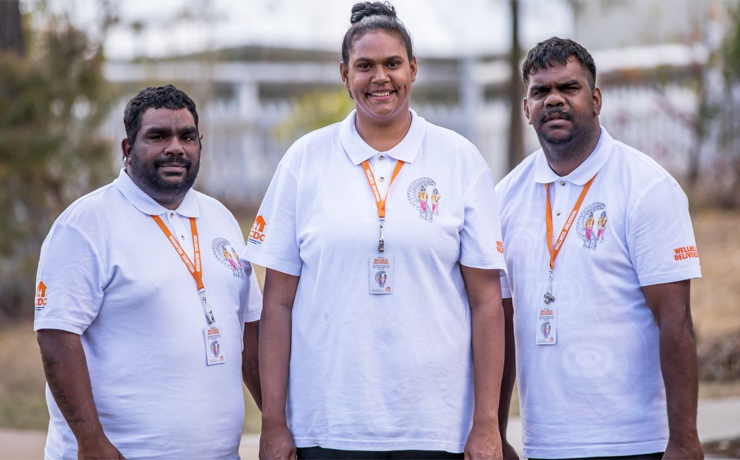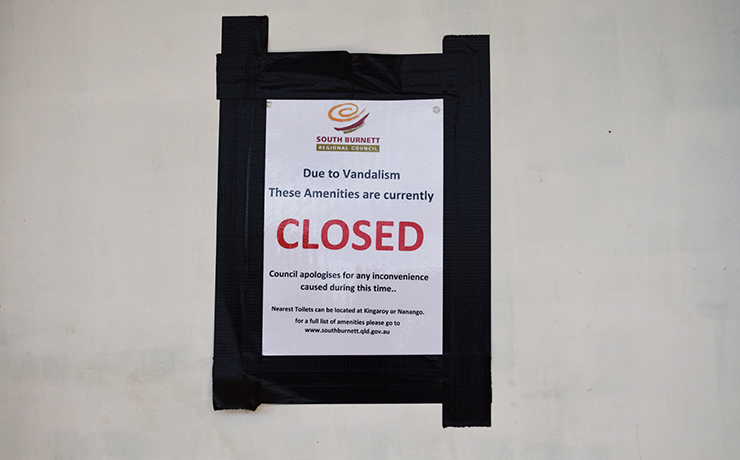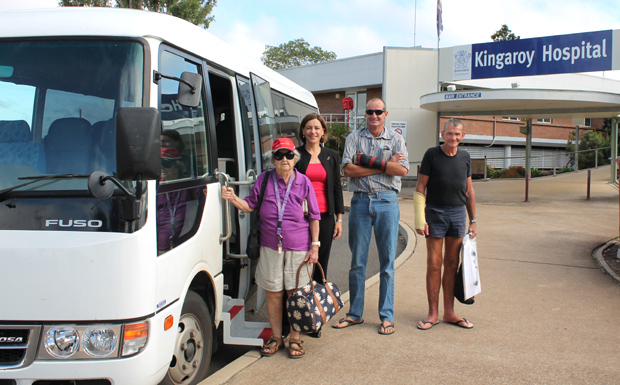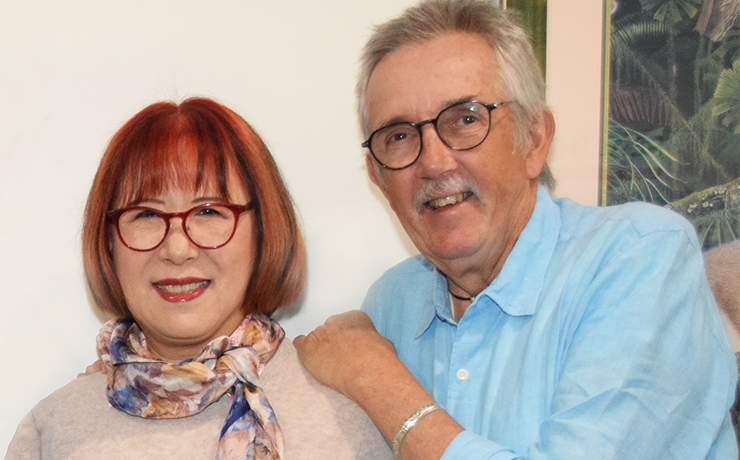
May 23, 2024
A door-to-door mental health and wellbeing survey in Cherbourg, Kingaroy and Murgon has found 33 per cent of people reported consistently high, or very high, levels of distress.
This is two and half times above the ABS national average.
And 44 per cent of those who sought help reported they could not get the help they needed.
The Assisting Communities through Direct Connection (ACDC) project was organised by Community Mental Health Australia (CMHA) which partnered with service provider EACH.
The door-to-door survey team spoke to 391 South Burnett householders between August 2023 and February 2024.
The “people connectors” also let householders know about free or low-cost services available in the area.
Thirty per cent of respondents experienced one or more barriers to accessing telehealth services and 28 per cent reported having limited or no access to a private space at home where they could speak to someone online about their mental health and wellbeing.
CMHA CEO Bill Gye said Cherbourg, Murgon and Kingaroy had significant differences in community profile but overall the study strongly confirmed there were significant local challenges with finances, housing and unemployment.
He said online or telehealth services could play a role in addressing the high levels of distress, however participants reported having one or more barriers to accessing such services.
“The results clearly point to a greater need for investment in local psychosocial supports that are accessible, culturally appropriate and ideally free, and in the longer term the social determinants must continue to be addressed to improve life and closing the gap,” he said.
Of the householders surveyed:
- 29.5 per cent reported a disability
- 24.6 per cent provided care for someone with disability, chronic condition, or mental health issue
The top three things that stopped householders from accessing support were:
- Affordability of services (19 per cent)
- Accessing support was too complex, difficult, or overwhelming (16 per cent)
- No appointment available within reasonable time (12 per cent)
South Burnett project manager Murryann Reeves said she found a clear link in the feedback between parental/kin care reported mental health issues and reported crime and substance use.
“As we unpack this further with community consultation, it is evident that parents feel very lost as to what to do with their children’s behaviours as they are unaware of face-to-face supports available,” Murryann said.
The ACDC Project was funded by the Department of Social Services.
- Download the South Burnett Community Report (1MB PDF)
- Related article: Mental Health Goes Door-To-Door























